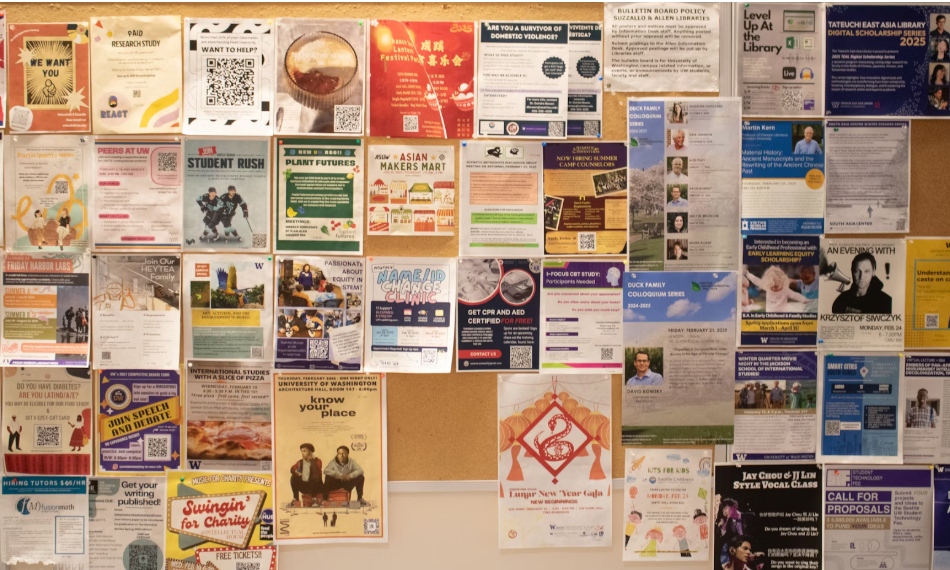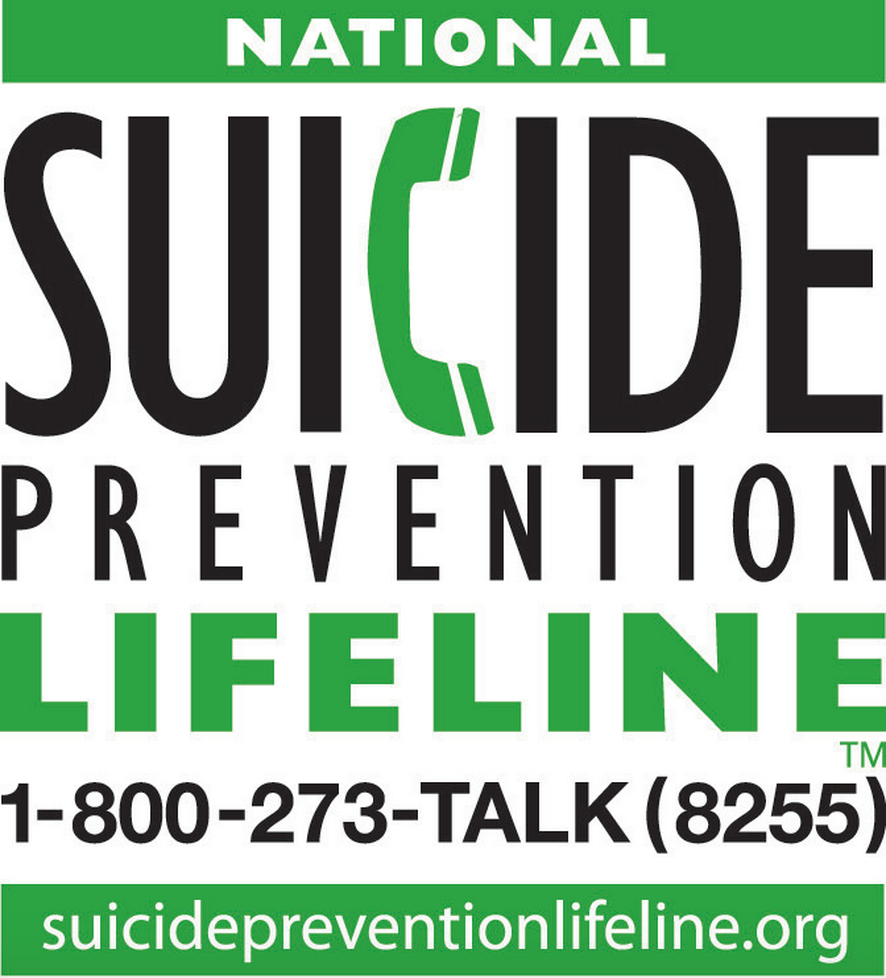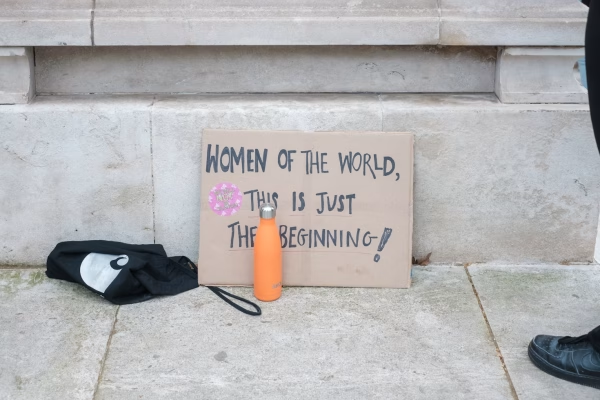National Suicide Awareness Month
September is Suicide Awareness Month, and this exists to familiarize people with the increasing suicide rates and instruct the population on how to notice signs of a suicidal individual.
Nearly 44,193 Americans yearly and 121 daily die by suicide. In Georgia specifically, suicide is the third leading cause of death for people ages 10 to 24 and the eleventh cause of death overall. On average, one person dies of suicide every seven hours in Georgia. According to the American Foundation for Suicide Prevention, “the total deaths to suicide reflect a total of 26,788 years of potential life lost (YPLL) before age 65.” These numbers are predicted to increase, so it is important to realize the warning signs of suicide and try to prevent a friend or loved one from taking their life.
 The warning signs of suicide can either be very prominent or significantly subdued. Some warning signs can be found in what the person talks about; for example, if one talks about feeling trapped, depressed, or a burden to others, then one should worry about the well-being of that individual. As well as conversation, one’s behavior and mood can also give hints as to the mental state and intentions a person has. Use of drugs, an abnormal sleep schedule, aggression, depression, and anxiety can all be ascribed to a suicidal individual.
The warning signs of suicide can either be very prominent or significantly subdued. Some warning signs can be found in what the person talks about; for example, if one talks about feeling trapped, depressed, or a burden to others, then one should worry about the well-being of that individual. As well as conversation, one’s behavior and mood can also give hints as to the mental state and intentions a person has. Use of drugs, an abnormal sleep schedule, aggression, depression, and anxiety can all be ascribed to a suicidal individual.
Suicidal thoughts and tendencies can be attributed to a plethora of factors. Mental illnesses such as depression, anxiety, bipolar disorder, and schizophrenia can make one inclined to act on self-destructive thoughts. Elizabeth Wurtzel, the main character in the movie Prozac Nation, said, “I start to think there really is no cure for depression, that happiness is an ongoing battle, and I wonder if it isn’t one I’ll have to fight for as long as I live. I wonder if it’s worth it.” Depression isn’t something that can be cured in a day, but it can be helped with medication and therapy. The National Hopeline is 1-800-784-2433 and will connect one with a depression treatment center near them. A history of suicide attempts, either from the individual or the family, can also make one more likely to do something terribly extreme. Lastly, environmental issues such as a stressful and abusive living situation or exposure to drugs and weapons can affect the way one thinks, which can lead them over the edge.
If a friend or loved one is struggling with suicidal thoughts and tendencies, the National Suicide Prevention Hotline is 1-800-273-8255. Feel free to donate to the American Foundation for Suicide Prevention at https://afsp.donordrive.com/index.cfm?fuseaction=donate.general and/or To Write Love on Her Arms at https://twloha.com/donate/ . In the words of former President Barack Obama, “To anyone out there who’s hurting—it’s not a sign of weakness to ask for help. It’s a sign of strength.” Keep hanging on.
























